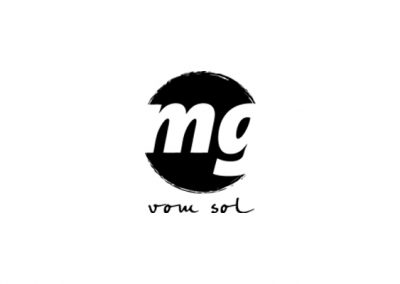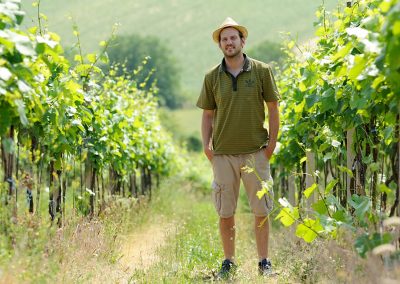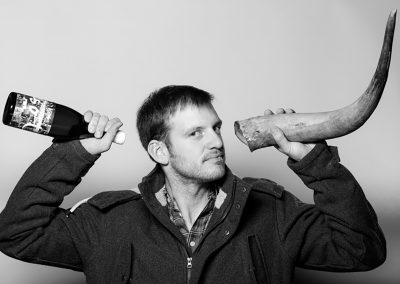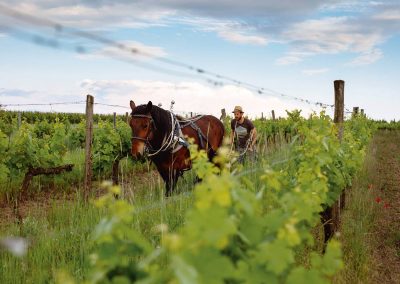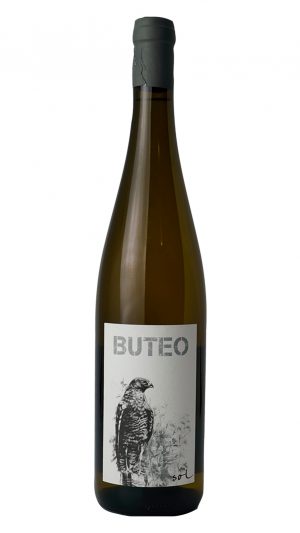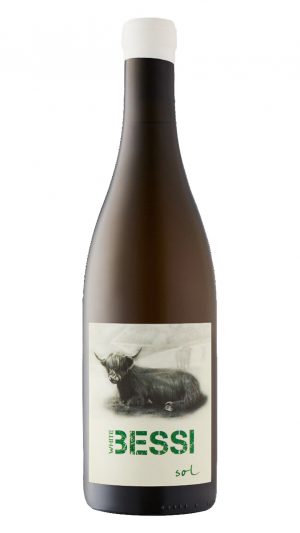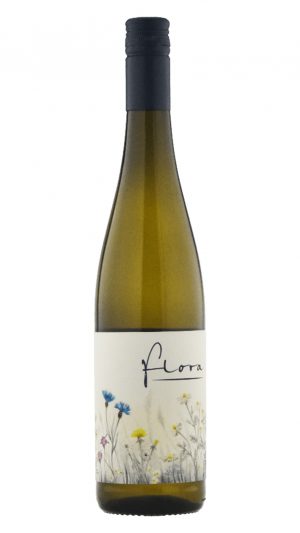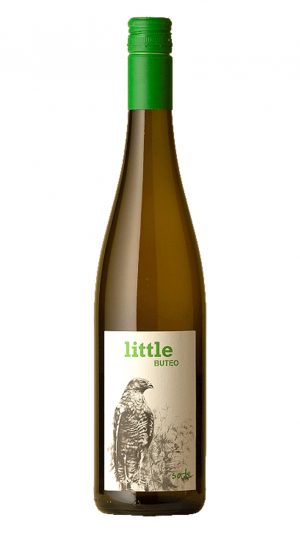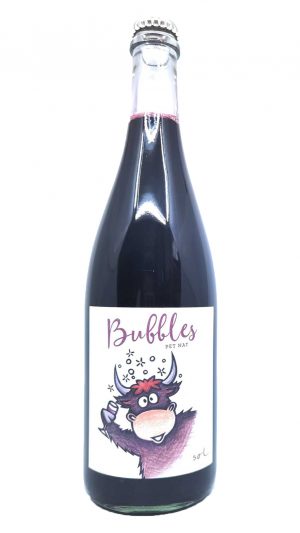Michael Gindl
Austria | Weinviertel
Natural Wine Producer | Biodynamic | Certified Organic
When Michael Gindl, born in 1983, finished agricultural school in 2002. It was already clear to him that he wanted to run the farm that his family had owned since 1807. This farm has always practised mixed agriculture with crops, livestock, forestry, and wine. After the early death of his grandfather, Michael’s mother managed the farm because his father worked as a food inspector. Michael already took over the responsibility for vinification during his school years.
Michael simultaneously began his orientation towards biodynamic methods and increased efforts to make the farm as autarchic as possible. “In 2010 I took back all the leased fields. This fall, I will expand by leasing another 25 hectares thus doubling our acreage. At present the amount of grain is too small for effective commercial exploitation. So this is economization because I don’t have to work on it myself all the time. A tractor driver can do the main work. And I can produce more specialities, for example, einkorn wheat, which will be the basis for a beer.”
“Currently I have 10 hectares of vineyards which can only be expanded very carefully to a maximum of 12 hectares. I have the potential for 2 more hectares in good sites. We planted one hectare this spring, but another hectare has been pulled out.” Increasingly more animals also inhabit the Gindl farm. Highland cattle have been bred since 2012 and soon horses will follow to work in the vineyards. “My goal is to be able to butcher on my own farm, so I also have pigs to ensure good utilization. And my Breton dwarf sheep will help me by grazing in the vineyards!” Consequently, Michael joined the Demeter Association of Biodynamic Farming.
To preserve the individuality and genuineness obtained in the vineyards, the grapes are pressed very gently, rarely racked, and fermented spontaneously without any use of selected yeast or temperature control. Michael Gindl expounds, “I really try to do as little as possible – in fact nothing! The wines remain on the lees for a very long time and get a small dose of sulphur only shortly before bottling. My aim is to use more wooden barrels and less steel tanks in the future.” It is interesting to know that the barrels in his cellar are made from acacia and oak from his own forests. His own agriculture and forestry allow him to closely approximate the biodynamic ideal of a holistic farm.

